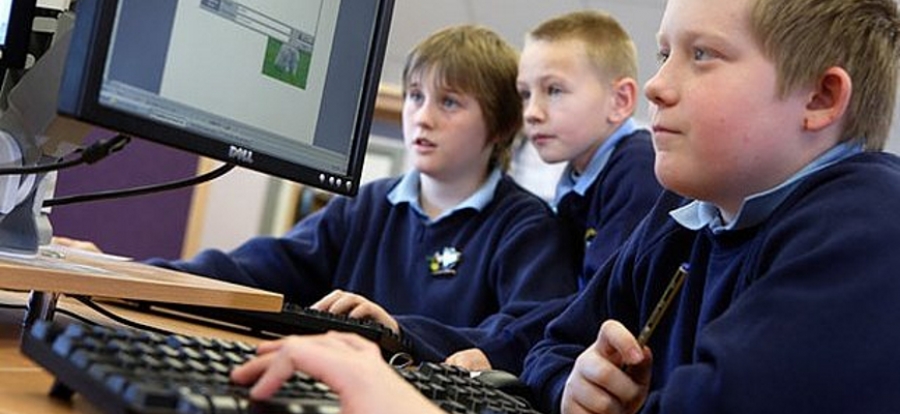Current trends and research show that, at their most basic level, jobs across nearly every sector increasingly require candidates to be confident using a computer. In addition, there are a host of digital, computer-based skills that are becoming necessary to prevent workplace obsolescence and keep pace with the global economy. These are most often referred "We can facilitate a conversation around the real ways that digital skills impact jobs."to as ‘digital skills’, a catch-all term that can mean many different things.
Codifying a standard definition of ‘digital skills’ is helpful to change a relatively meaningless buzzword into a concretely definable term that can be relevantly applied and actioned. In classifying exactly what we mean by digital skills, we can illuminate what these skills actually entail and facilitate a conversation around the real ways that digital skills impact jobs, careers, economics and disciplines of study.
We can start by thinking of digital skills as a spectrum. In this view, the lower end of the spectrum encompasses ‘soft skills’ - eg checking email, using social media as part of a job function, etc. The top end of the spectrum reveals ‘applied skills’ -- eg coding and programming. Neither end of the spectrum is more valuable than the other; rather, classification simply helps us better define and identify what exactly it is that we are talking about when we reference digital skills in the context of educational curriculums and workforce development.
I believe that that the entire spectrum of digital skills is important, but specifically, that an applied knowledge of Computer Science will help children prepare for a wide variety of professional roles, regardless of industry or occupation. In the new economy, the development of coding skills is not simply about training the next generation of computer programmers; it is a discipline and skill that will translate to many careers in the decades to come.
For example, scientists work with research data which can be structured, organised and presented using computer"A knowledge of Computer Science will help children prepare for a wide variety of professional roles." programmes. Other practical examples of professional areas where a knowledge of coding is becoming increasingly important includes architecture (3D modelling), design, digital art, and music creation, to name just a few. As every industry becomes increasingly digitised, coding will eventually become a base-level skill that’s needed across a wide range of careers and sectors.
Such skills will become increasingly weighted in importance in the decades to come. By teaching coding skills at the Primary level, it will help facilitate competence and agency over computers for use within a variety of future careers. The best thing we can do for our pupils today is to endow them with the right tools to help them build their futures, whatever paths their hearts lead them toward. By teaching digital skills now, we’re empowering the next generation of leaders, innovators, doers and craftsmen with up-to-date professional toolkits at the ready.
How do you prepare pupils for the future? Let us know below.


















